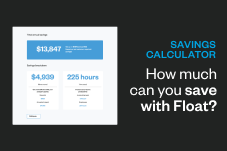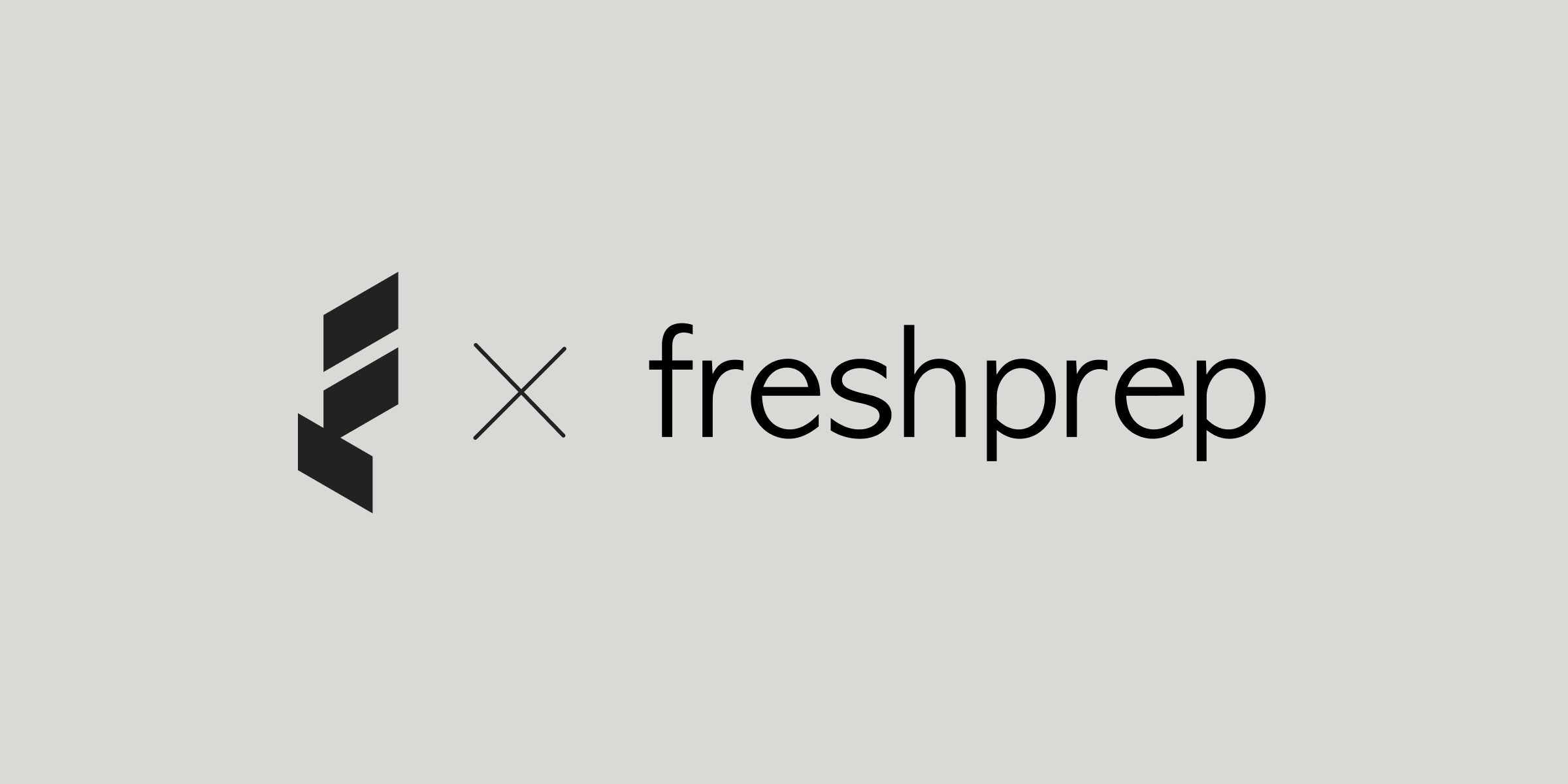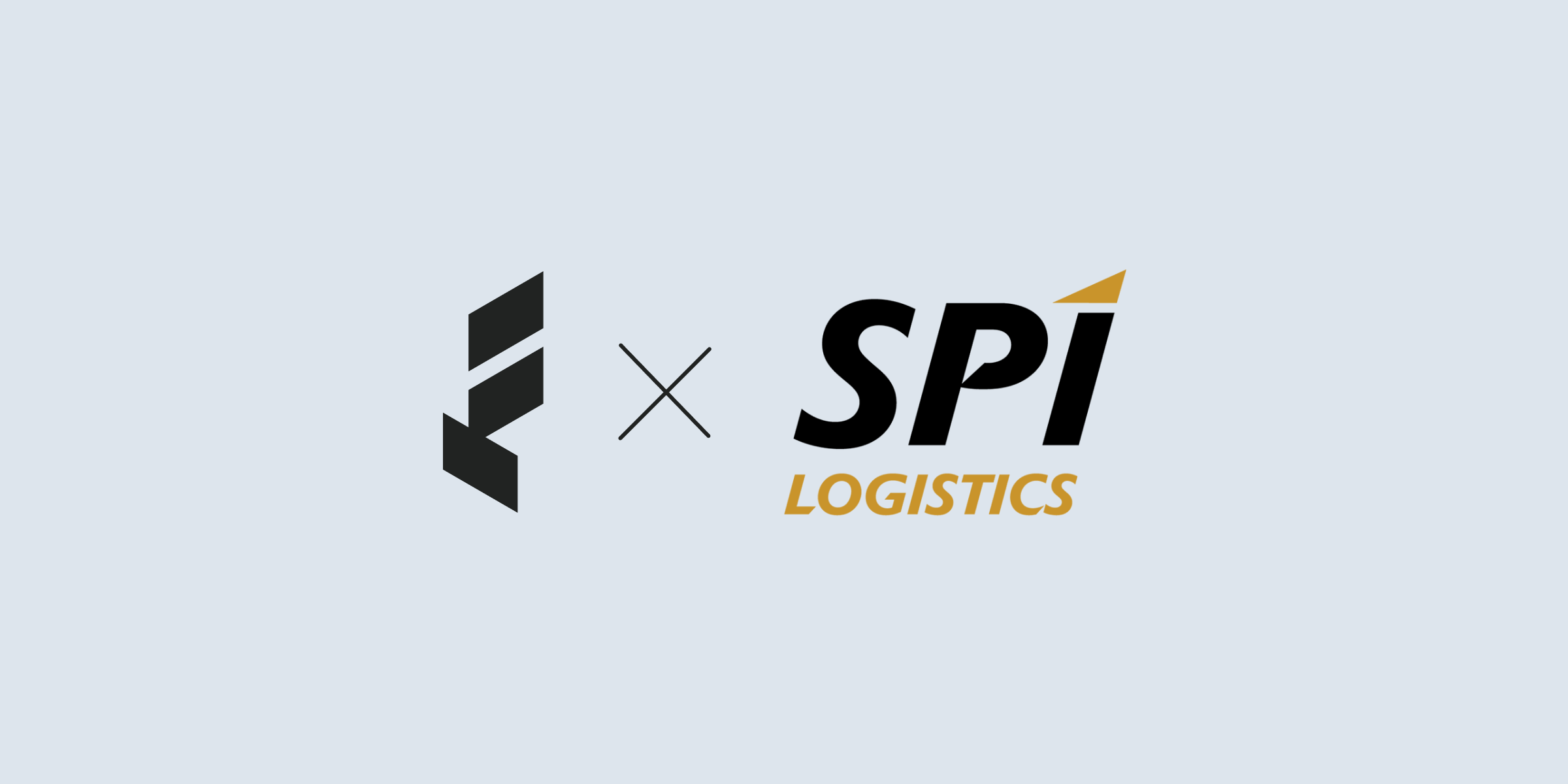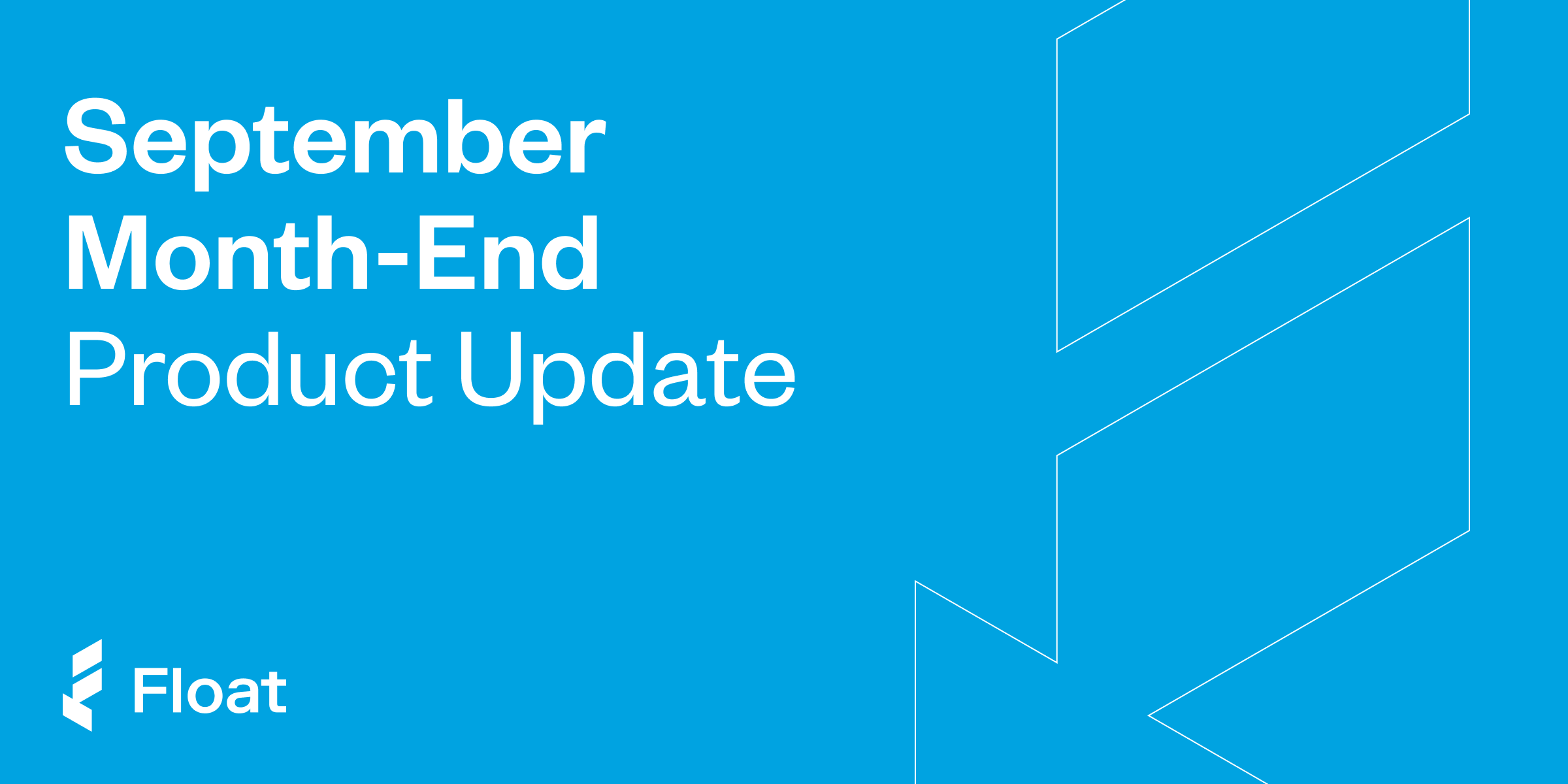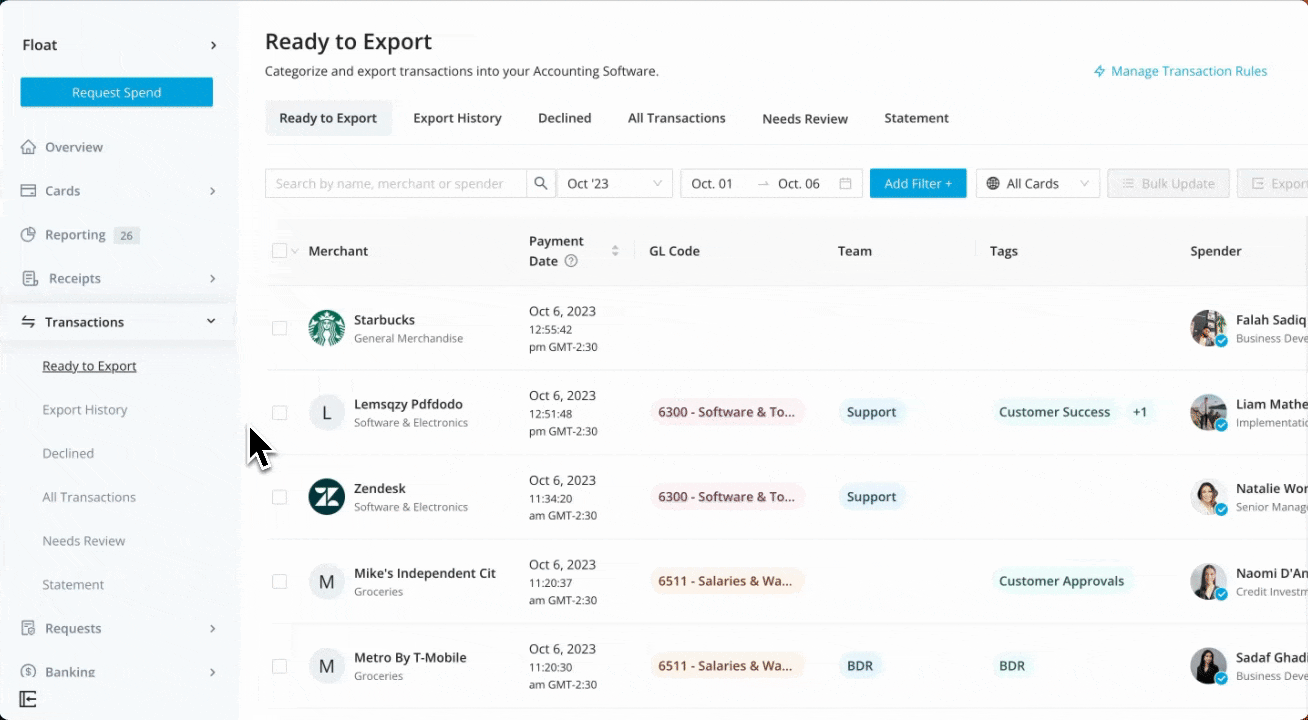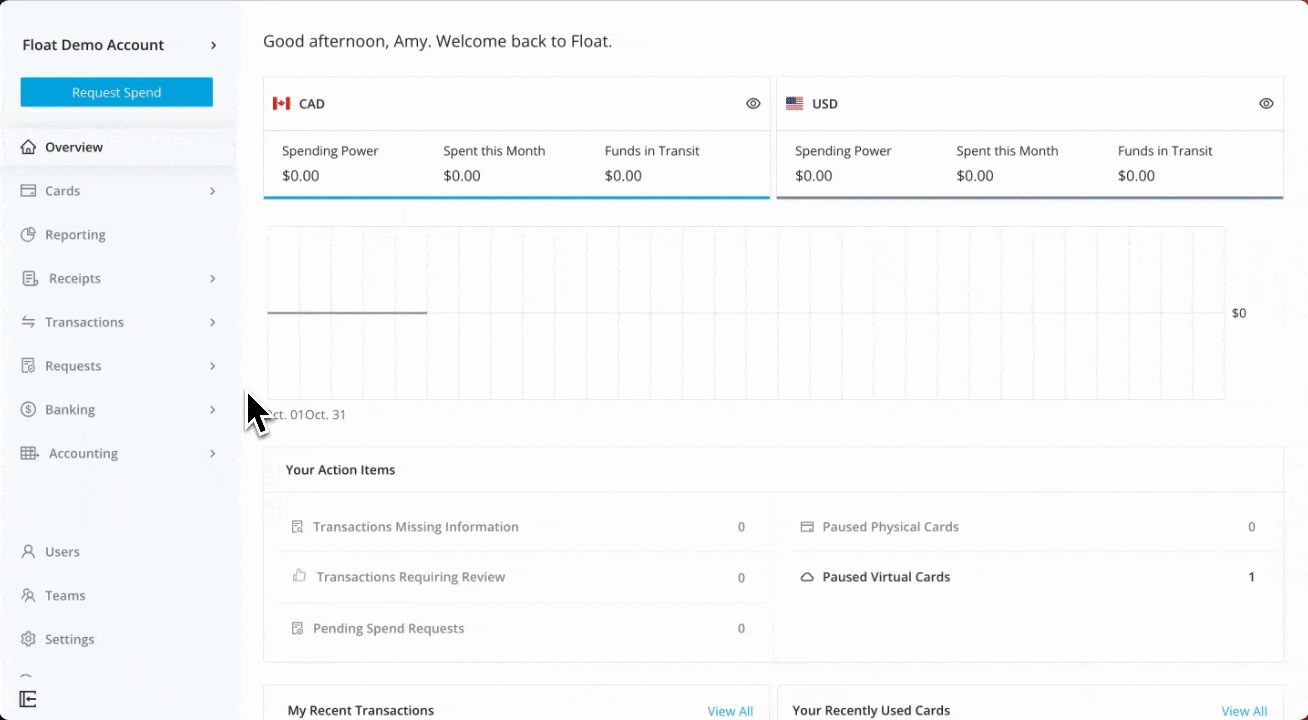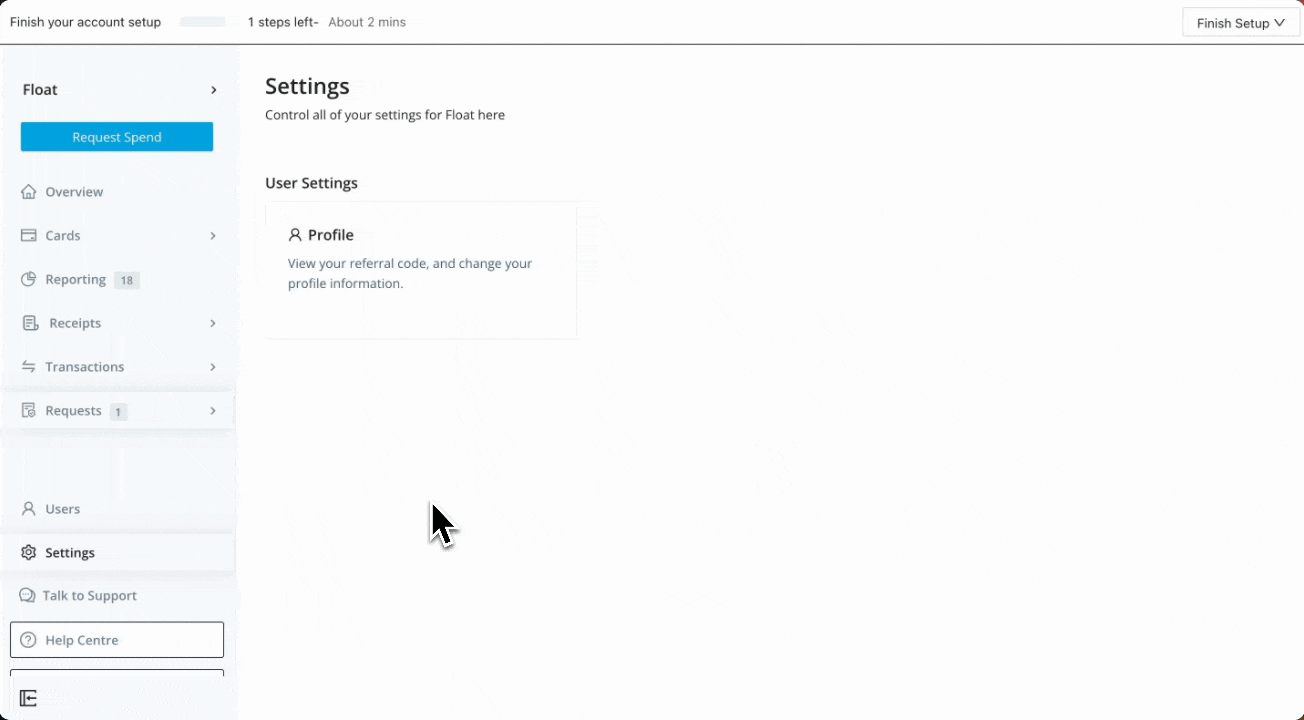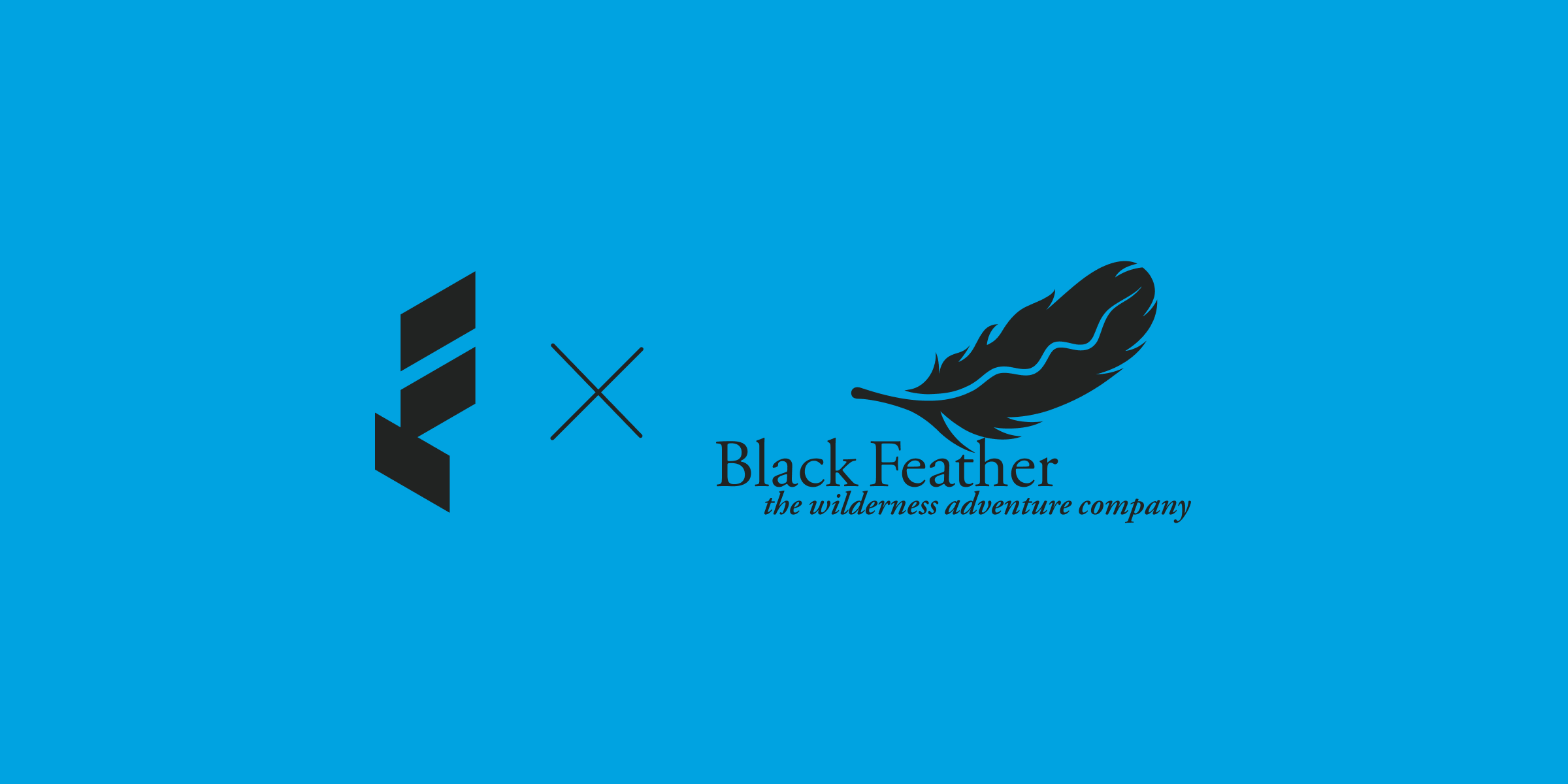Fresh Prep’s ad hoc employee expense management system worked fine in the early start-up days, but as the company expanded the meal kit provider was hungry for a more robust solution.
Founded by three friends in Vancouver in 2014, Fresh Prep now boasts more than 430 employees and operations in both Alberta and British Columbia, with plans for further eastward expansion.
How Company Cards Keep the Lights On For Small Businesses
“We had two company cards, and there weren’t any names attached, so it was really hard to get a hold of any records or receipts, which becomes a particular problem when we have an audit.”
When Shannon Lee joined the company roughly five years ago, she says the organization leaned heavily on two small pieces of plastic.
“We had two company cards, and there weren’t any names attached, so it was really hard to get a hold of any records or receipts, which becomes a particular problem when we have an audit, which happens once a year,” she says. “We had a lot of issues identifying who was responsible for the transactions we were seeing.”
Lee, who gradually rose the ranks from customer service to her current position as a staff accountant, says up to 10 staff members might use the same card in a given month, and their access to funds was vital for fulfilling orders and paying bills on time.
“We have our grocery suppliers, and we do typically pay by EFT or ACH, however a lot of times when we need top-ups for whatever reason — if one ingredient is short — we need to do store runs, so the card comes in handy for those,” she says. “Sometimes digital ads [providers] don’t accept any payment methods other than cards, and our digital spends are typically pretty high.”
Fresh Prep’s reliance on card transactions can also push their monthly spending needs well into the six-figures, which Lee says banks weren’t always happy to provide, often requiring additional paperwork of collateral. Furthermore, all this spending on two cards made it hard to know who was responsible for what.
“We used the vendor information to kind of guess what the spending could be, there was just no other choice,” she says. “I’ll be honest, a lot of the time if we couldn’t find out exactly what the expenses were we had to move on.”
When Startup Solutions Don’t Fit a Grown-Up Company
“We really enjoyed how intuitive the Float platform is — it’s very user friendly — which was really nice, especially when we were used to these classic banking institution interfaces that are frankly really outdated and made it difficult to get a hold of data; Float just offered it to us on a platter.”
While the ad hoc approach worked well enough in the start-up years Lee says it became obvious they needed to find a better solution for managing employee expenses after Fresh Prep expanded beyond its provincial borders.
“Employees in Alberta we didn’t know at the time were buying all these things because you need a lot to get a manufacturing plant started, so it took months before we could reconcile most of these transactions,” she says. “It was chaotic.”
At that point Lee says the company realized that it would need to find a better solution before attempting any further expansion. Though she wasn’t part of the selection process herself, Lee suspects that Fresh Prep chose Float for the ability to assign virtual and physical cards to individual users, finally bringing transparency, oversight and greater organization to its expense management practices.
“Our bookkeeper loves it, because she knows exactly who to ask [about company spend]; even if we’re missing receipts, we can hold someone accountable for those transactions,” she says.
Lee adds that implementing Float in early 2022 proved very straightforward, thanks to its user-friendly interface and strong customer service.
“We really enjoyed how intuitive the Float platform is — it’s very user friendly — which was really nice, especially when we were used to these classic banking institution interfaces that are frankly really outdated and made it difficult to get a hold of data; Float just offered it to us on a platter,” she says. “The customer service is also really awesome. The wait times aren’t very long, everyone seems very friendly, and it’s easy to talk to customer service — they seem to know what they’re doing.”
How a More User-Friendly Solution Facilitates a More Friendly Workplace
“We really enjoy letting our employees not have to spend and get reimbursed; we’re able to set a limit and give them the room to make purchases on behalf of the company.”
An additional benefit Fresh Prep enjoyed once switching to Float include a high spending limit without any of the headaches imposed by their previous providers.
Lee however suggests that perhaps the greatest benefit was the ability to change the finance team’s relationship with their colleagues. That’s because Float lets them set merchant and category restrictions, spending limits, and even generate one-time use cards for specific purchases, letting employees spend freely while maintaining even higher security, reporting, and oversight standards.
“We really enjoy letting our employees not have to spend and get reimbursed; we’re able to set a limit and give them the room to make purchases on behalf of the company,” Lee says. “We’re able to give them a bit of autonomy, but at the same time we also don’t have to risk the company possibly losing money due to transactions that shouldn’t have gone out, or transactions that we can’t track.”
When asked whether the company could pursue its ambitious growth plans without this level of spending insight and control, Lee says the answer is “an absolute no.”
“Having the means to be able to make those transactions definitely makes us feel more confident in our ability to grow,” she says. “Knowing that Float will be there when we expand in the future gives those of us on the finance team more security knowing we will be able to track every transaction along the way.”
About Fresh Prep
Vancouver-based Fresh Prep joined the meal-kit industry to serve busy Canadians with a focus on reducing packaging waste and providing fresher, quality ingredients. Find Fresh Prep at www.freshprep.ca.



